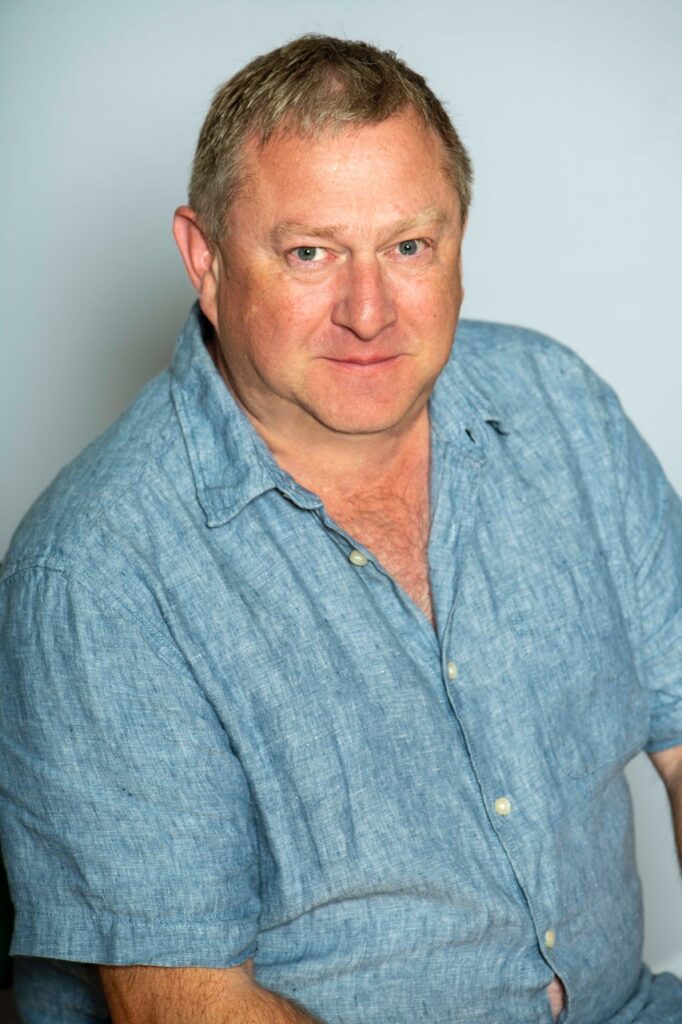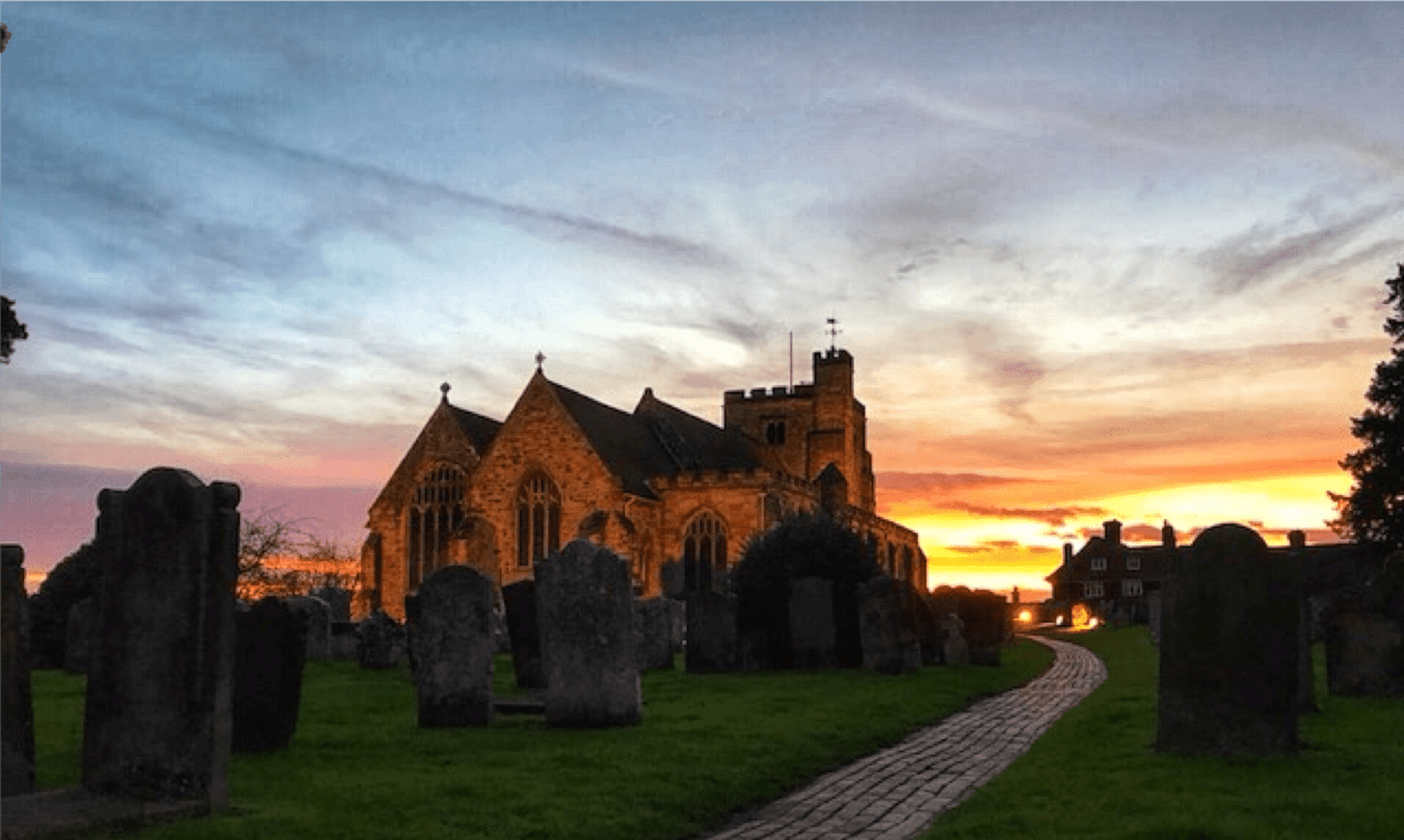
We live in the midst of a farming community, their problems may be ours too. In this now troubled world do we continue to naively rely on the world to provide our food without securing our own production at home or recognise our farmers’ special role in society: as both custodians of our environment but also the security of our food supply as well. This is a concept well understood across the Channel but not so here. So where’s the balance? Perhaps a new contract between farm and customer and farm and environment. Containing for the farmer: certainty (farming is long term), then fair realistic agricultural prices, long term flexible supermarket contracts and level playing fields with imports meeting the same standards for welfare, pesticides, hormones and much else. A Department for Agriculture, with “fair do’s” for our agriculture.
And in return “fair do’s” for the environment. Maybe we are right in our parish to be alarmed at the destruction of hedges, trees and habitat to achieve greater productivity at the expense of all else that lives there. So, if our farmers grub out hedges, trees and habitat to make bigger fields, maybe they should replace in equal measure with copses or wider strips of bordering hedges, chemical free, in sympathy with all the species, birds, hedgehogs, badgers, bees, butterflies and bugs that depend on them. A fair deal for the environment and all the species with whom we share it requires also a fair deal for the farmer. Farming is long term and we leave our food supplies and our environment “to the market” at our peril.
Cllr Edward Hodgskin has met with the representatives of various village and community groups to coordinate events (Summer Fete, Christmas Fair etc) and prepare an accessible Parish Events Calendar for the year ahead. Further news in the coming month. If your organisation were not able to attend or would like to be involved contact: Edward.hodgskin@goudhurst-pc.gov.uk.
Finally our Parish Council Resident Survey “what do you think” will be coming your way this month. Sounds simple, just put together the questions and send it out. However, as soon as the draft was shared for test, many questions we thought were obvious were absolutely not to the reader (the different understanding of the same sentence was surprising). There are questions on a number of different issues relating to:
Our Village Green and Lower Glebe. Can we make better use of these lovely spaces, can we improve access to the lovely views, what other facilities could we add for wider enjoyment.
Highways and parking are a continuing issue. Council propose to seek opportunities for additional parking close to the village centre, which if achieved would allow council to introduce improved traffic management on the High Street to the benefit of shops, shoppers and visitors.
Finally, thinking about the establishments around the Plain and the pond… How might council work with them to improve our village centre and help them prosper whether: a Charity (The Hall), a community endeavour (the Club), or a 15th century listed building in private hands (The Vine).
A note of caution. Many things you or we may like Council to do or control may not be within our power or within the money at our disposal (your money). However, Council are interested to learn your preferences, choices, priorities, enthusiasms. We look forward to feeding back a summary of the Survey in due course.


